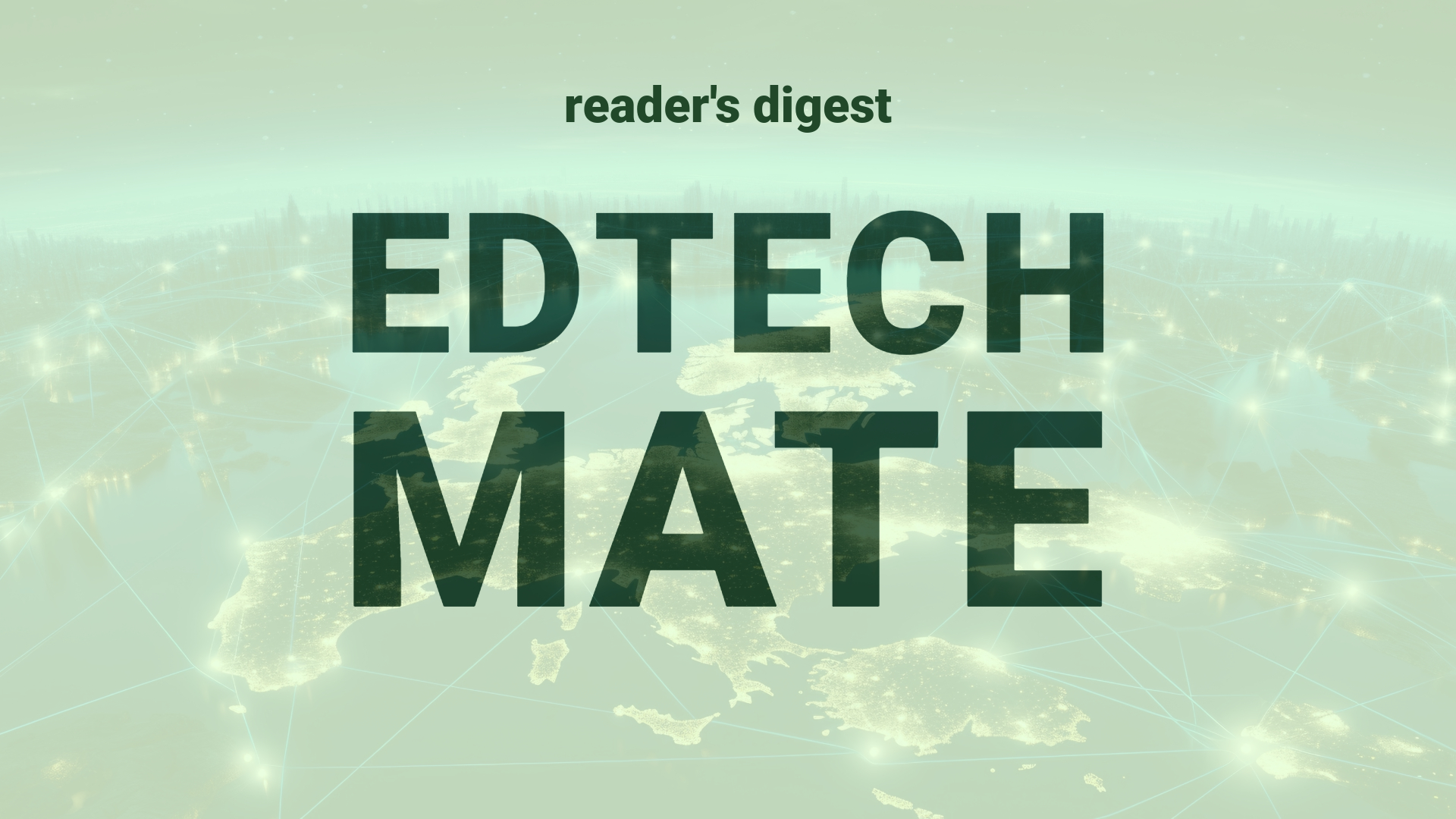Executive Summary and Main Points
The dialogue between McKinsey Health Institute leaders and former US Congressman Patrick J. Kennedy underscores the significant overlap between mental health conditions and substance-use disorders. The discussion emphasizes the necessity of integrated strategies in healthcare that address prevention, treatment, and recovery holistically. As advanced in the 2023 World Mental Health Day theme, mental health is recognized as a universal human right, demanding parity with other chronic diseases in terms of resources and attention. Kennedy’s advocacy for incorporating coping, resilience, and problem-solving skills into core educational curricula, along with his ambitious Alignment for Progress goals (90-90-90 by 2033), signals a systemic and early intervention approach to promoting brain health.
Potential Impact in the Education Sector
The implications of these insights for Further Education and Higher Education are profound. Embedding mental health support and life-skill strategies into curricula could transform student wellness and educational outcomes. Moreover, the momentum of this paradigm shift could catalyze strategic partnerships between educational institutions and health services. The concept of Micro-credentials in mental health literacy and intervention may gain traction in the future, facilitating lifelong learning and upskilling of professionals across sectors. The digitization and democratization of mental health resources would be central in facilitating such advancements.
Potential Applicability in the Education Sector
Innovative applications using AI and digital tools in global education systems could include the development of evidence-based digital interventions for early detection and management of mental health conditions. AI-driven analytics could play a crucial role in customizing interventions to individual needs and tracking progress. Integrating such tools into educational platforms are promising prospects that could yield significant improvements in the overall well-being and performance of students.
Criticism and Potential Shortfalls
While the integration of holistic brain health strategies in education holds promise, challenges persist. The diverse cultural and ethical perspectives on mental health could complicate the universal application of such strategies. Comparing case studies from various international contexts, such as differing responses to mental health in educational policies, could yield lessons but also reveal limitations. Moreover, the reliance on digital tools must consider the digital divide and potential exacerbation of inequalities. It is crucial to ensure that these interventions are inclusive and culturally sensitive.
Actionable Recommendations
As international education leadership explores these technologies, they should consider implementing mental health screenings and resilience training within the educational curriculum. Investments in strategic partnerships between educational institutions, healthcare providers, and technology firms can facilitate integrated support systems. Additionally, developing micro-credentials to equip educators and health professionals with the skills to support mental health will be essential. Finally, fostering a culture of openness and ongoing digital innovation will ensure that the sector can evolve in line with the challenges posed by mental health and substance-use disorders.
Source article: https://www.mckinsey.com/mhi/our-insights/mental-and-physical-health-equity-a-medical-civil-right

